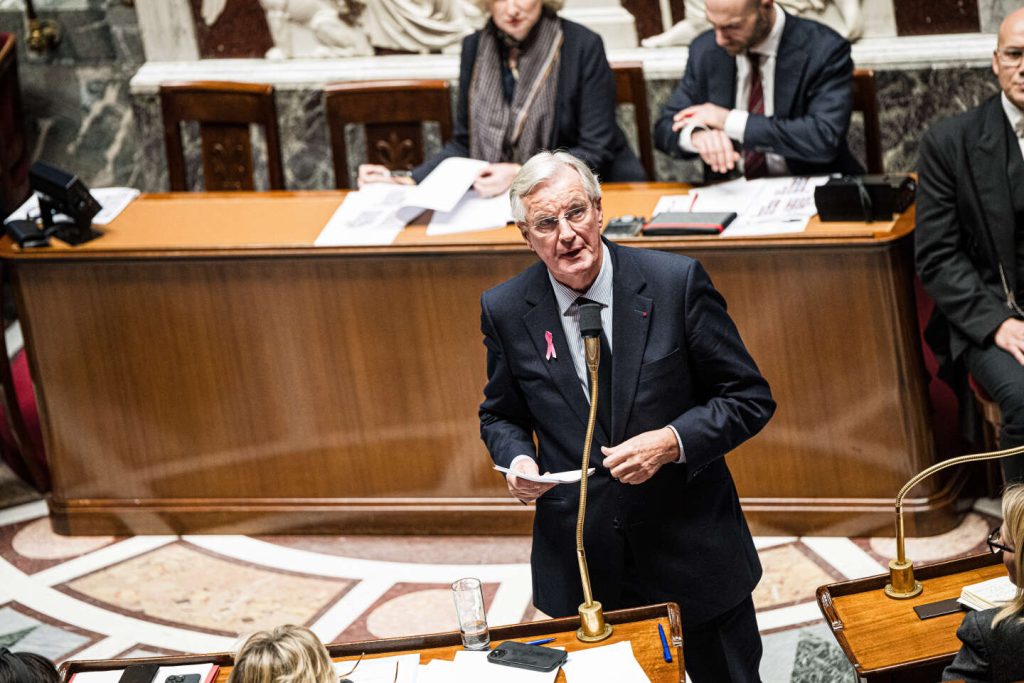After delivering his general policy speech at the National Assembly in Paris on October 1st, 2024, Prime Minister Michel Barnier speaks about the budget measures that he plans to implement. Contrary to the image he presents of himself as a right-wing leader willing to cut state spending to save the country, the first budget framework finalized by the new prime minister and consulted by Le Monde paints a different picture. The man advocating for austerity measures is also proposing a significant increase in taxation, with tax hikes accounting for more than 60% of the financial consolidation effort planned for 2025 compared to 2024.
The government promises 40 billion euros in savings in 2025, with a budgetary plan that includes 60 billion euros in austerity measures within a year, consisting of 40 billion euros in spending cuts and 20 billion euros in additional taxes. These substantial figures are at the core of Prime Minister Barnier’s communication leading up to the 2025 budget presentation on October 10th. He emphasized the need for a two-thirds reduction in public spending as part of the effort to reduce the debt. This tough stance on budget cuts has been justified by the prime minister as crucial to avoid a financial crisis.
Prime Minister Barnier’s approach to fiscal policy is guided by three key messages. Firstly, the unprecedented scale of the announced austerity measures reflects the severity of the deficit inherited by the new government, a situation that Barnier describes as “extremely serious.” Secondly, as a proponent of strict budget discipline, the new occupant of Matignon aims to prioritize tackling public spending to achieve more with less, drawing inspiration from Charles de Gaulle’s teachings. Finally, tax increases are seen as a temporary and exceptional measure, rather than a permanent shock to the system, as Barnier stated in a television interview.
In order to achieve the ambitious goal of 60 billion euros in savings, Prime Minister Barnier compares two scenarios. If no measures are taken to address the deficit, the public deficit could reach 7% of GDP in 2025. The government aims to limit the deficit to a maximum of 5% of GDP, requiring an effort of 2 percentage points of GDP, equivalent to around 60 billion euros. This reduction in the deficit is crucial to stabilize the country’s finances and avoid a deeper economic crisis.
Prime Minister Barnier’s budgetary plans have sparked debate and raised concerns about the impact of austerity measures on the economy and society. While he emphasizes the necessity of fiscal discipline to avoid a financial crisis, critics worry about the potential negative effects of significant spending cuts and tax increases on public services and social welfare. As the government prepares to unveil the full details of the 2025 budget, the focus will be on how these austerity measures are implemented and their long-term consequences for the country.


